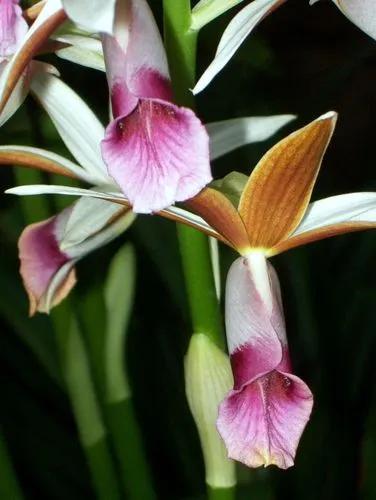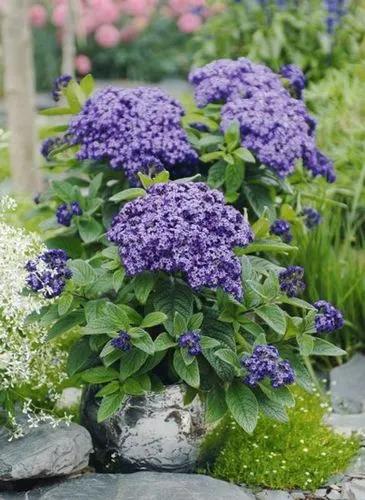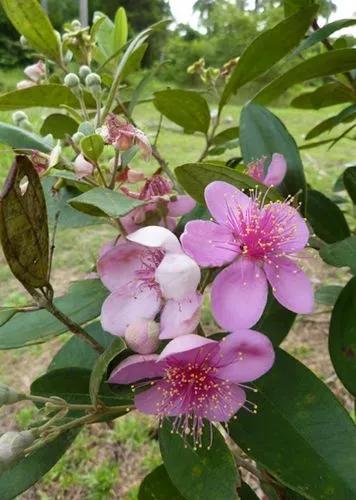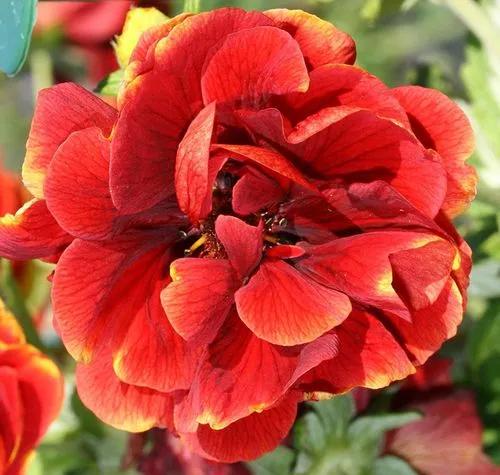Bird Cherry trees are suited to larger gardens, woodlands, and wet upland areas. Blooming in April, their fragrant flowers give way to bitter black fruits, a treat for wildlife. These trees tolerate exposure and elevation, making them valuable for various wildlife, including insects and birds.
Bird Cherry Care
Prunus Padus



Bird Cherry, scientifically known as Prunus padus, is a deciduous tree that can enhance the natural beauty of your outdoor space. It usually grows to a height of 15-40 feet (4.5-12 meters) and has a spread of 15-30 feet (4.5-9 meters). In the spring, it showcases clusters of fragrant white blossoms, followed by small dark fruits that birds love – a great way to identify it.
How to Care for the Plant

Container

Bird Cherry typically thrives in the ground because of its size, but if you're set on planting it in a container, go big to give it enough space to grow.

Fun fact

Historically, it had diverse uses: Norse runes from its wood, a tonic-like beverage from its bark, and a cherry brandy-like drink called "vishnovka" from its fruit in Slavic countries.

Popularity

839 people already have this plant 224 people have added this plant to their wishlists
Discover more plants with the list below
Popular articles






